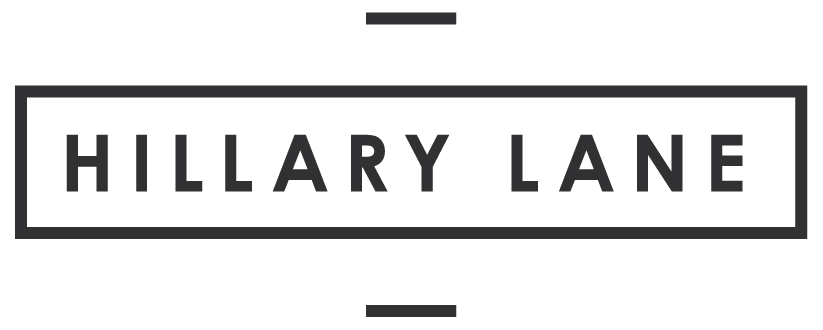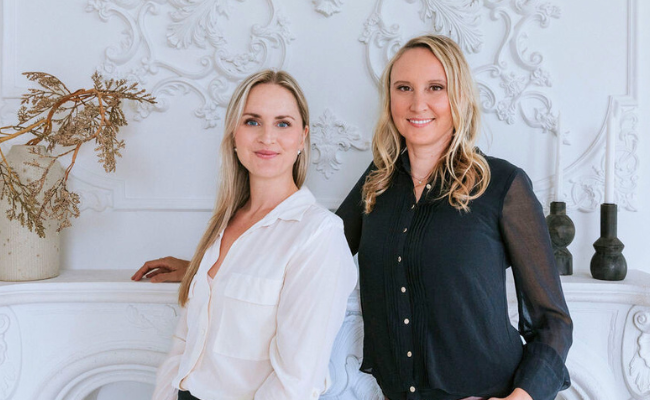When you’re making the decision to go from renting to owning property, there are a multitude of considerations. The first thing you should do is find out what you mortgage you currently qualify for, and set a plan to improve your mortgage application. This allows you to make informed and strategic decisions about your finances and goals. It also prevents you from viewing properties well outside your budget and tainting your expectations.
When the government introduced the mortgage stress test a few years ago, a lot of people felt they would never be able to afford a home in Toronto. However, understanding how the stress test works and by using some helpful tips to improve your odds of qualifying for a mortgage, you’ll be in the best position to achieve your home ownership goals. Here’s how first-time home buyers can qualify for a mortgage in Toronto.
How the Stress Test Works
All Canadian home buyers applying for a mortgage must undergo the OSFI Mortgage Stress Test. To pass the test you’ll have to qualify not just for the interest rate offered on the mortgage, but the greater amount of either an additional 2% interest OR the Bank of Canada’s current five-year benchmark rate. So, if the benchmark rate is 5.19% and your mortgage rate is 3.65%, then you’ll be qualified using the offered rate plus 2% as it is more than the benchmark. This has a major impact on the total mortgage amount a bank is willing to offer buyers, which in turn reduces your purchasing budget.
The stress test qualification applies to federally-regulated banks. There are lenders who aren’t subject to the same OSFI restrictions such as credit unions and private lenders. These lending institutions generally charge higher interest rates, often have additional fees associated with borrowing, and are more expensive in the long-term. It’s best to discuss all your options with a qualified mortgage broker.
Pay Down Debt
Lenders use two ratios to determine if they will lend you money:
- Gross debt service ratio (GDS): The percentage of your pre-tax income required to pay all housing costs (e.g., condo fees if applicable, property taxes, utilities, etc.). Lenders look for borrowers with a GDS of 32% or less.
- Total debt service ratio (TDS): The percentage of your monthly income needed to cover your debts (e.g., car payments, student loans, lines of credit). Lenders look for a TDS of 42% or less.
The less debt you have, the better your ratios, and the more likely you are to qualify for a mortgage. So set a budget and start paying down debt before you apply!
Save for a Down Payment
Having the highest possible down payment allows you to increase how much you can borrow for your home. As well, it is the best way to have instant equity in your home the moment you move in. Higher down payments present less of a risk to lenders as it creates a lower loan-to-value ratio (LTV) – the amount borrowed compared to your home value. Also keep in mind that the minimum amount required for your down payment depends on your lender and purchase price point:
- If you’re buying a property under $500,000 then you need a minimum of 5% down
- If you’re buying a property between $500,000 and $999,999 then you’ll need a minimum of 5% down for the first $500,000 of the purchase price and 10% for the portion of the purchase price above $500,000
- If you’re buying a property over a million dollars you will need at least 20% down
Ask Yourself Some Questions
While reducing debt and saving for a larger down payment can help you qualify for a mortgage, be sure you understand the sacrifices you might need to make to buy a home. Consider all your current expenses and your quality of life, then ask yourself:
- Does my current rent work well for my lifestyle?
- Do I have enough money left over to enjoy things like dinners out, spa days, and nice clothes?
- Do I have enough money after expenses to put towards savings?
- Do I have enough money for future plans like travel, a wedding, or having kids?
- What are my long-term goals and what am I willing to do to get there?
These questions are important because if you’re accustomed to a certain lifestyle, then the amount you pay for rent is probably close to how much you want to pay for a mortgage. If you’re willing to make sacrifices however, you can find more money to put towards your mortgage and your equity as opposed to your landlord’s. It’s all about the life you want to lead and the money available to pay for it!
These are complicated decisions, so getting expert advise from a trusted realtor, financial planner, and mortgage broker can help you weigh your options and determine the best strategy to meet your goals. If you’re ready to set your home buying plans in motion, I’m happy to connect you with my team of phenomenal professionals, including mortgage experts and financial planners.
For more information on how to set yourself up for success with the buying process, check out this blog or reach out today for your complimentary buyer’s guide.
Photo by Austin Distel on Unsplash






